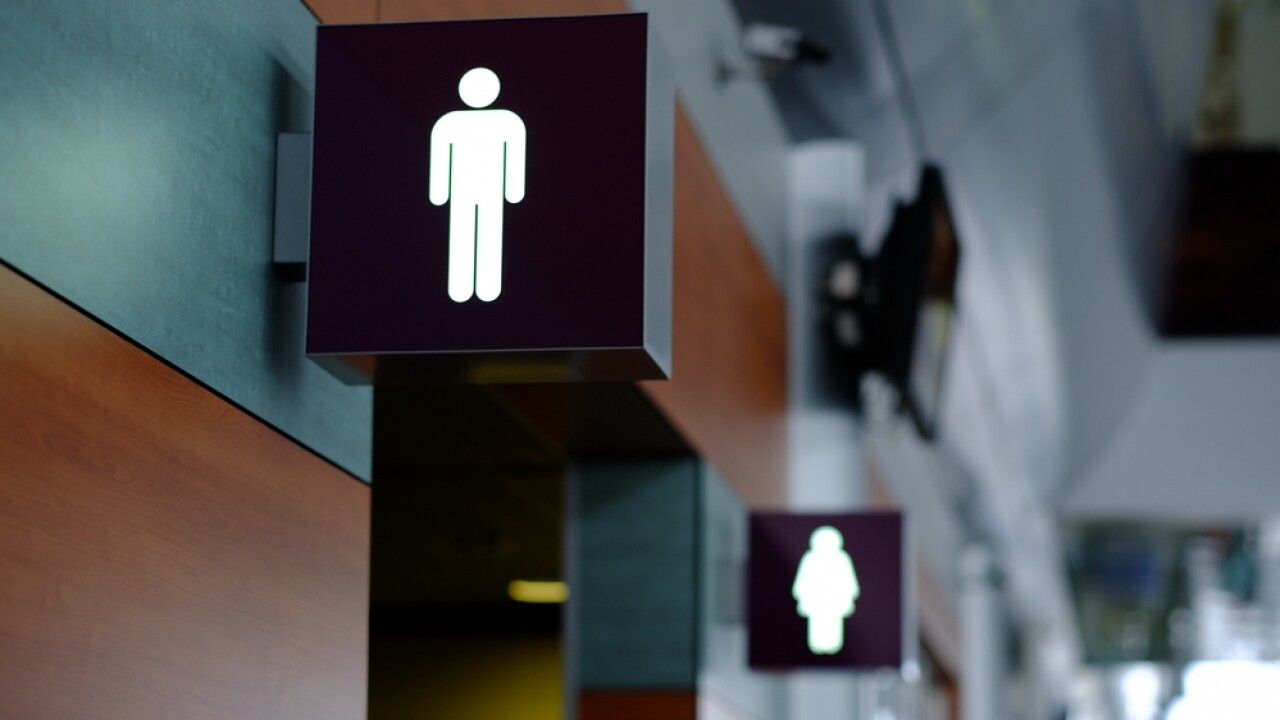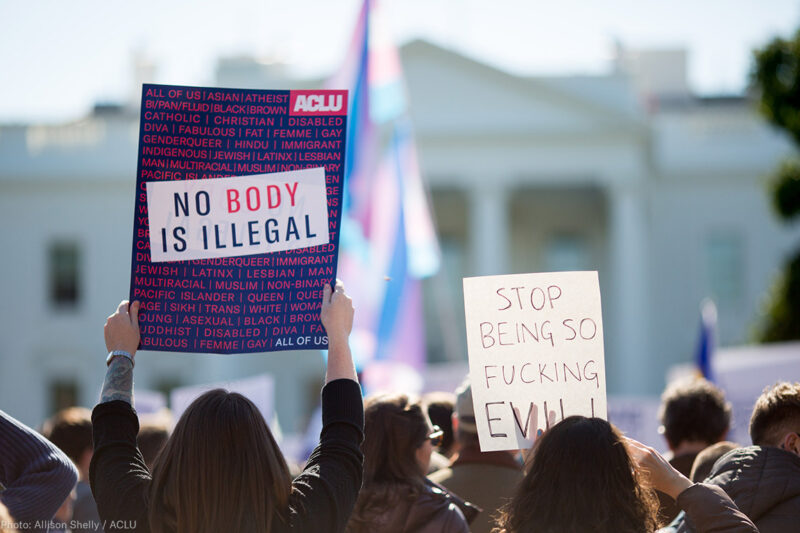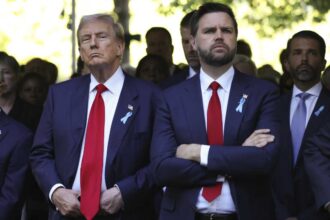A civilian worker for the Illinois National Guard, LeAnne Withrow, has filed a formal complaint against the Trump administration’s new rules that restrict transgender federal employees from using restrooms that align with their gender identity.
The complaint, filed Monday by the American Civil Liberties Union (ACLU) on Withrow’s behalf, asserts that the ban violates Title VII of the Civil Rights Act of 1964, which prohibits discrimination based on sex.
Withrow’s complaint is part of a broader class action challenging the Trump administration’s executive order signed on January 20.
The order effectively reverses previous interpretations of the law that allowed transgender individuals to access facilities corresponding to their gender identity.
It argues that certain Supreme Court decisions, which previously supported such access, are now “legally untenable.”
The filing seeks to represent a class of transgender and intersex federal employees, including those in the National Guard, U.S. Army, and the Department of Defense.

READ ALSO: Washington Drivers Busted Using Mannequins in HOV Lanes, One Even Had a Wig and Scarf
The lawsuit claims that the ban discriminates against these individuals, creating a hostile and discriminatory work environment.
The Trump administration’s executive actions against transgender rights have been a point of significant controversy.
In addition to the bathroom ban, the administration has introduced several policies limiting protections for transgender people, including withdrawing federal insurance support for gender-affirming treatments for minors and prohibiting people assigned male at birth from participating in women’s sports.
In a broader context, these actions reflect an ongoing effort by the administration to limit federal support for transgender rights.
The administration has also asked the U.S. Supreme Court to allow its ban on transgender individuals serving in the military to be enforced, further escalating tensions around transgender rights in the U.S.
The outcome of Withrow’s complaint could have significant implications for the legal status of transgender rights within the federal workforce and beyond.















